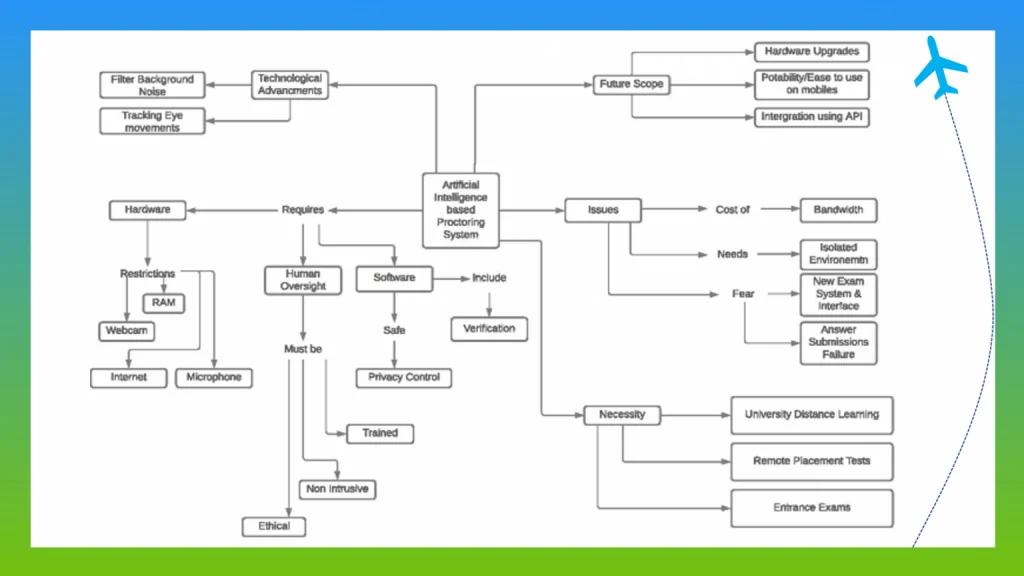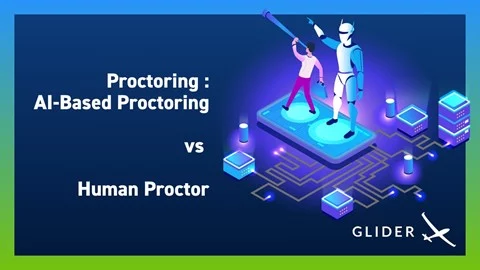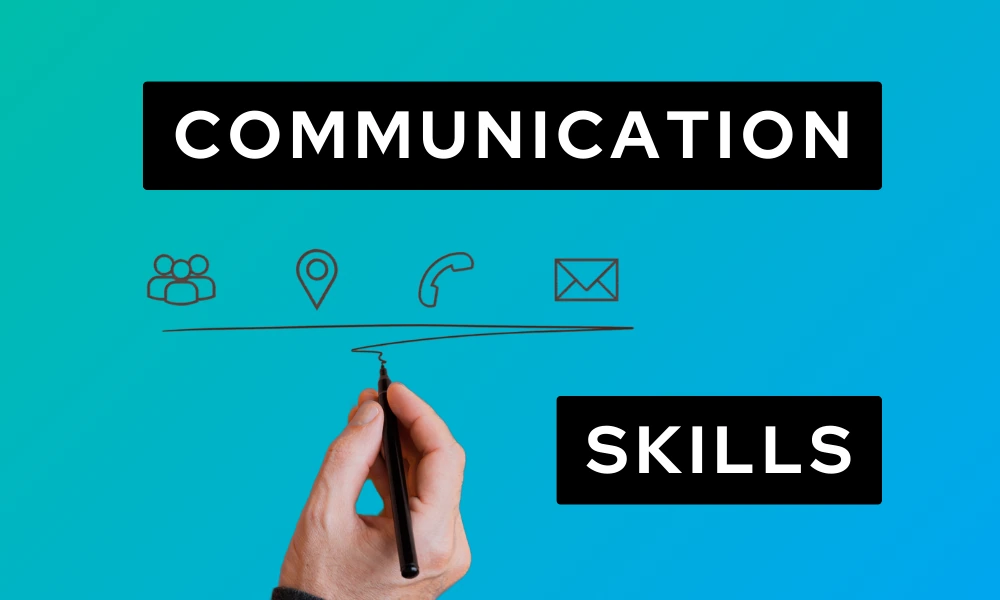Covid-19 pioneered a vast portion of digital transformation in many business enterprises and proctoring is not an exception. Remote hiring and work from homes have fast-tracked many technological innovations across multiple industries and domains.
There are drastic adaptations to combat the recruitment challenges in 2022. It is not only remote sourcing and remote assessment of candidates, but remote proctoring is also gaining momentum.
The rise of remote ‘everything’ has also significantly decreased the seriousness level among candidates. Identity fraud in remote hiring has escalated in recent years. For example, between the end of 2020 to the first half of 2021, Glider Intelligence tracked a 92% increase in fraudulent test tracking activities. Further, the AI-enabled proctoring features also reported that 23% of the candidates engaged in some assessment malpractice.
A Washington Post article cited that cheating has almost increased 8 times during the pandemic.
The traditional standard system of human proctoring is no longer the only invigilation mechanism today. Backed by AI, proctoring systems can be classified into three types:
- Live proctoring: Real-time proctoring method that requires a human proctor to monitor candidates and track their behavior from start to finish. It also facilitates two-way chat between the proctor and candidates.
- Recorded proctoring: Video recording of the candidate assessment. Allows flexibility, like candidates can take exams anywhere, anytime. Also requires human intervention for review.
- Automated proctoring: The algorithm-powered system is enabled to detect fraud and mischievous activities committed by candidates through audio and video parameters. Requires no human intervention.
Newyorker.com reported that companies that designed online proctoring apps saw a surge of 500% in their business over the past year.
In his LinkedIn article, Nick Shah, Founder & President of Peterson Technology Partners says that the number of fake candidates may be small, but they can cause huge damage in both time and cost to the company.
What is an AI-based Proctoring?
Online proctoring system was in use before the pandemic. Some of the reputed recruiters and universities leveraged online proctoring for assessments and examinations. But the evident lockdowns and remote working facilities brought online proctoring into the mainstream.
Artificial Intelligence Proctoring System or AIPS in short has reinvented proctoring mechanism. Apart from being user-friendly, AIPS keeps track of the candidate exceptionally, with little or no human intervention.
At the outset, AI-based proctoring is an automated virtual proctoring system that monitors the candidate and his environment during the assessment duration. The system mainly deters and detects any suspicious candidate activity that amounts to cheating.
The Concept Map of AIPs below depicts how it works.

DOI: 10.1007/s10639-021-10597-x
Features of AI-based Proctoring:
- Two-factor authentication
- AI facial recognition
- 360-degree environment surveillance
- Real-time monitoring
- Browser lockdown
- Network traffic restriction
- Webcam and microphone analysis
- Multi-device compatibility
- Auto-flag suspicious activities
- Assess any false-positives
- Test integrity score
- Detailed report generation
- GDPR compliance
How does AI-based Proctoring work?
Compared to other proctoring systems, AIPS requires very less human interference. It relies more on technology. Certain specific requirements of AI-based proctoring are:
- Uninterrupted web connection
- Plug and play technology
- Web camera
- Microphone
- Screen share
- Question bank
- Hardware add-ons (like speech recognition and gaze tracking)
- Trained proctors (for human oversight)
Who is a Human Proctor?
The classic invigilation system. We have all been a part of this from schools to universities. Just because the world has transitioned to AI-based automated proctoring, it doesn’t mean human proctoring is obsolete. While it’s true that much of the tedious activities are taken care of by technology, AI still needs the watchful eyes of a human proctor.
A human proctor is an individual who invigilates candidates in real-time. They monitor a candidate or multiple candidates from start to finish. Human proctors need to be professionally trained with online proctoring technologies. For this reason, many recruitment companies hire third-party professionals who are well-versed in the job.
In short, human proctoring is a live proctoring mechanism who monitors the candidates online unlike the physical test centers.
Importance of Human proctor in AIPS:
All kinds of proctoring systems including the AI-based are human-centered. According to Scott McFarland, CEO of ProctorU, “AI can never be a complete substitute for human proctoring. A trained proctor is necessary to correct behavior, review, and make a judgment call on.”
There are many viewpoints on how much AI and human proctoring should be integrated and if it is legal and ethical to allow AI proctor on its own completely. Nevertheless, AI or any technology is meant to support human decision-making, but not entirely substitute for the latter.
Similarly, it is never a debate to discuss which proctoring is better: AI or human. Human intervention is necessary when the candidate seems too good to be true. Also, no technology or algorithm does a better job of finding talent quality than human judgments and decisions.
There are many examples of how AI and ML went wrong when they acted completely by themselves. The infamous case of how Amazon’s hiring algorithm failed to be gender-neutral is an eye-opener for the proctoring domain too. Although with no fault on the company side, (the algorithm simply mirrored the past job applications from female candidates – which was low).
A human proctor is significant because of the following reasons:
- Address technical issues and errors
- Chat in case of dilemma and confusion
- Friendly conversational tone
- Calm candidate’s anxiety and distress
- Maintain brand reputation
- Clear false positives
- Analyze the data for misconduct or integrity violation
- Final review and decision
Before We Close
True to its belief, “Talent First and Integrity Always”, Glider allows technology and human intervention to combinedly empower proctoring mechanisms. In one of the SIA’s interviews, Glider CEO, Satish Kumar reiterated that contrary to the popular myth that AI perpetuates unconscious bias in hiring decisions, Glider AI does not let the system decide. It only troubleshoots the frauds and deceits. The recruiters are presented with the findings. In this regard, the ultimate decision of talent recruiting lies in the hands of the hiring team always.
Glider’s proctoring tools like automated monitoring, comprehensive monitoring report, and auto flag cheating mechanisms are intensely data-driven. The recruiters can review the report and take enhanced and sound decisions on the candidates. This is how Glider juxtaposes remote proctoring capabilities with AI and human proctoring to make blended decisions on candidate authentication and talent quality.



